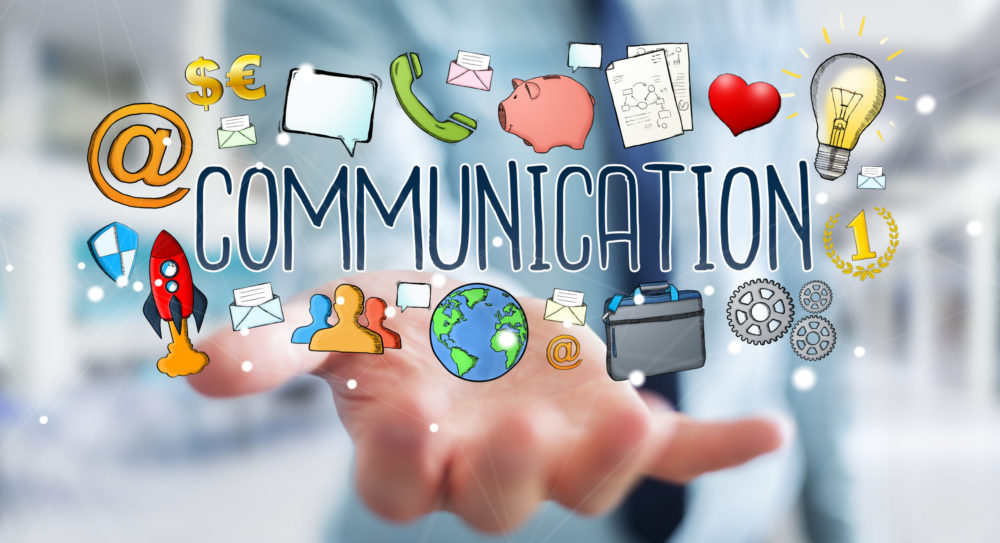The coronavirus has presented a significant challenge for entrepreneurs and SMEs UK wide, with many fearful of the financial impact for months to come.
As economic experts predict a likely recession, business owners have started to ‘pause’ or halt operations in a bid to protect cash flow, impacting staff, suppliers and wider stakeholders as a result.
Although survival mode is certainly vital to long-term success, businesses still need to consider communication during these unprecedented times, where those who retreat and remain silent are those more likely to be forgotten when we return to relative normality.
Consistent communication is essential for any business during the covid-19 pandemic and key to this will be the creation of an effective comms strategy.
Without effective crisis comms, you just have a crisis
Businesses across the UK have taken quick and immediate action to halt operations and furlough staff, in hope that they will have an organisation to return to when lockdown has been lifted.
In many cases, these decisions have been implemented without clear and effective communication, creating confusion and concern.
At a time of national uncertainty, your customers or clients need to feel assured that their product or service delivery will not be impacted by covid-19, and if it is, they need to understand why and what you are doing as a business to overcome it. Even if you physically cannot operate at this time, you still need to create clear channels of communication to maintain trust, engagement and brand loyalty.
Remember, saying nothing is almost as damaging as saying the wrong thing.
What you say, is just as important as how you say it
What you communicate and how you communicate as a business should not be taken lightly.
Take time to plan strategic messaging for both internal and external comms. Be clear and consistent, and if possible, create a sense of certainty. Amongst the panic and hysteria, people are still looking for that positive lifeline and if you are able to provide this through consistent content, you are sure to maintain a loyal customer base, while increasing target audience engagement.
Businesses still need to be seen to exist
SMEs UK wide are withdrawing supplier spend due to financial concern. PR and marketing budgets are often the top of this list, despite this being one budget that can help drive additional revenue.
Now more so than ever, businesses still need to be seen to exist. If current and future customers do not hear, see or read about your business for months on end, they will quickly turn to your nearest competitor who hasn’t cut their comms and still appears to be going strong.
Remember, it can take an incredibly long time to build both brand reputation and a loyal customer base. Those who retreat from external communication for a period of time will completely diminish this hard work, causing more damage in the long-term and the requirement for a greater budget to rebuild once the pandemic ends.
Now is the time to disrupt
The majority of industry sectors are experiencing financial difficulty, with big brands even feeling the pinch as they try and balance survival with large overheads and wage bills.
For the smaller, agile and more innovative challenger brands, this presents an opportunity to disrupt, innovate and dominate your industry sector.
Strategic and consistent communication will be vital to success. Think about what you offer as a brand, why your customers need you and be creative in your approach. If you’re a service-based business, maximise this time to create informative and positive content that will prove valuable to your customer base. If you’re a product-based business, think of innovative ways to cement brand loyalty without over-selling at a time of financial concern.
The more audiences read, hear about and engage with your product or service the more likely they will convert into a customer – maybe not immediately, but eventually.
Ultimately, whether you own a product or service-based business – and whether you’re physically able to operate or not during this lockdown period – you still need to communicate with your customers.
As the saying goes: “Distance doesn’t separate people, silence does.”
Hannah Haffield is managing director of Make More Noise.







